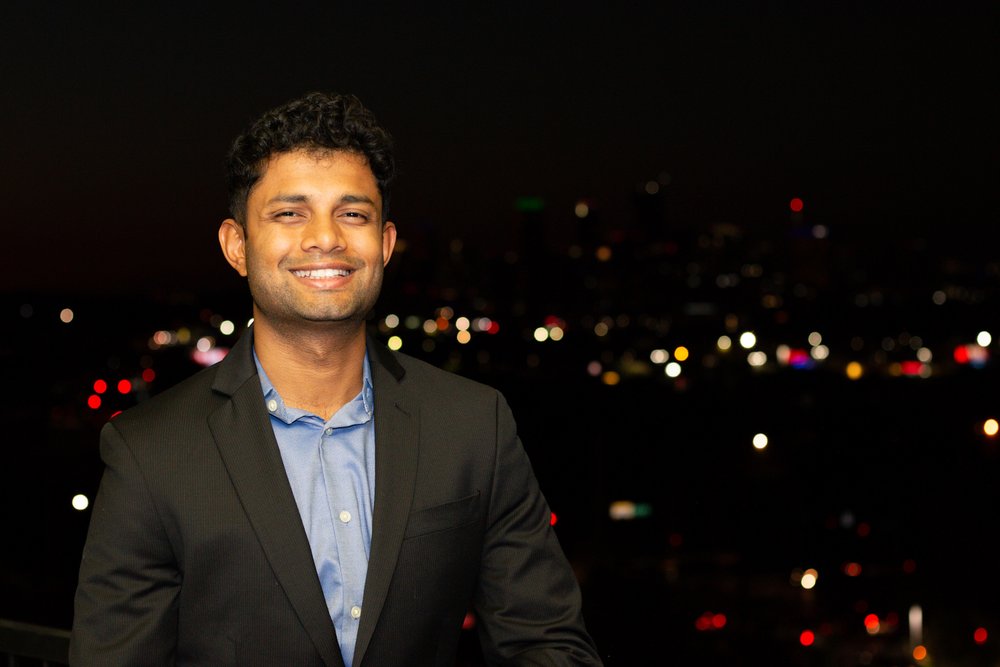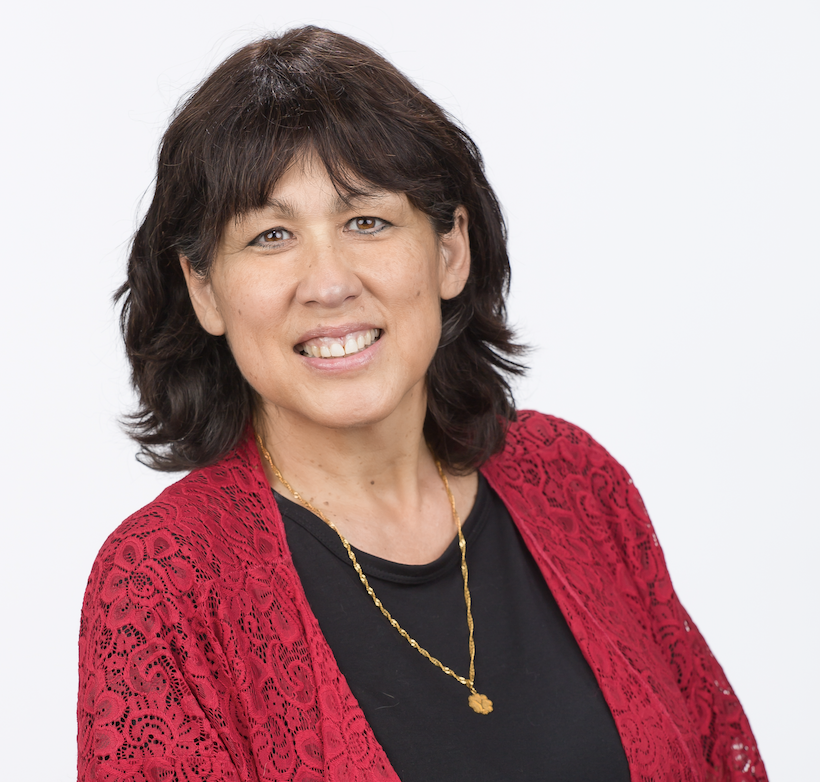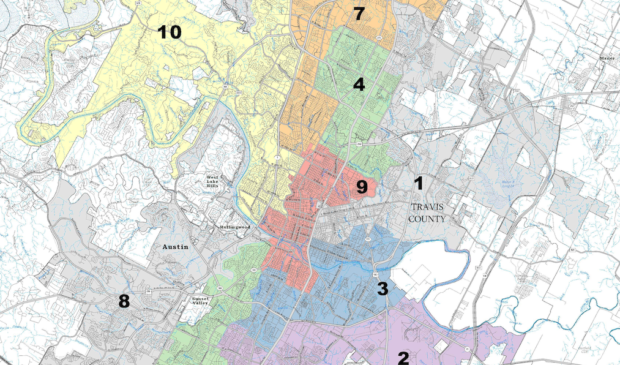District 3 Council candidates chat with the ‘Monitor’: Part II
Wednesday, October 19, 2022 by
Andrea Guzman Read Part I of the series here.

Photo courtesy of Esala Wueschner for Austin City Council District 3.
Esala Wueschner came to Austin four years ago after googling the best places to live for young, single people. He says he’s energized to run because he’s always felt drawn to service roles.
“I used to be in leadership positions, even at the age of sixth grade when I was in Sri Lanka,” where he was born and raised. When he moved to the U.S. and settled in Alabama, he said he’d write to the mayor’s office and make proposals. “In some ways, it’s just ingrained in me.”
Wueschner has noticed businesses closing and having aims of his own to someday open a small business, he wants to start helping them through incentives and reduced property taxes.
“To save Austin, make sure that the city is safe again. And that the local, small businesses can prosper again,” he says.
On public safety and policing, he noted City Council’s cuts to the police department budget in 2020, which was followed by a record $443 million for APD in the 2021-2022 budget. Still, he wants more funding for diversity initiatives to boost staffing for officers and emergency medical units. Currently, the department is working toward its 30 by 30 pledge, a national initiative to diversify the police force by 2030.
“A rise in population growth does cause rising crime and that’s why you need more police officers,” Wueschner said.

Photo courtesy of Yvonne Weldon City Council D3.
Yvonne Weldon has a paralegal certification, an accounting degree and has worked for the state Office of the Attorney General in procurement. She says she would bring a fiscally conservative approach to Council and increase accountability for taxpayer dollars.
“It just baffles me that we are a city that is growing exponentially, but we want to cut back on police and cut back on schools and cut back on teachers and cut back on the public services that are happening,” Weldon tells the Monitor. “We’re promoting other issues like equity issues and non-essential issues.”
Weldon belives it’s key for the city to focus on core services while nonprofits and other organizations tackle social justice issues. She says she would seek comprehensive reviews and audits of city departments and hold Project Connect leaders accountable for transparency in design and cost.
Her father was in the Air Force, bringing her family to Austin when she was five. Now, living south of Ben White, Weldon says she has a perspective on District 3 others don’t, noting that it encompasses St. Edward’s University, South Austin hospital and the Battle Bend neighborhood.
She says housing may not have a one-size-fits-all approach; the solution may require density in one area, transitional housing in another and maintenance on single-family homes elsewhere.
“We’re just not about the east side. And so one of the unique challenges is that we are very diverse, very dynamic, and it’s not going to be the same for everybody.”

Photo courtesy of José Velásquez Campaign.
José Velásquez was raised by a single mother who supported him and his three siblings on $25,000 a year. He says today, even adjusting for inflation, the family wouldn’t be able to afford anything in the East Austin they grew up in. That’s what’s motivated his run.
“That is not the Austin that I was born into, and not the Austin that I want to leave future generations,” he tells the Monitor.
To tackle affordability woes, he’s designed the Affordable Austin Plan, which calls for encouraging remote work and taking on anti-gentrification efforts.
Velasquez says, “So we clear up a little congestion on the highway, less pollution, people have better quality of life because they’re able to remain at their homes and closer to their families.”
The plan would also designate Pre-K to start earlier, at age three, as a way to increase the likelihood of college attendance and encourage savings for families by offering an alternative to daycare.
The fourth-generation Austinite previously worked with Austin ISD’s marketing team, helping to help boost enrollment.
He also wants to address homelessness, offering ideas like coordinated assessments and affordable housing. and compassion for unhoused people.
He says compassion is one of the most important qualities an elected official can have. “We need to be better advocates for the health and safety of people experiencing homelessness,” he says.
The Austin Monitor’s work is made possible by donations from the community. Though our reporting covers donors from time to time, we are careful to keep business and editorial efforts separate while maintaining transparency. A complete list of donors is available here, and our code of ethics is explained here.
You're a community leader
And we’re honored you look to us for serious, in-depth news. You know a strong community needs local and dedicated watchdog reporting. We’re here for you and that won’t change. Now will you take the powerful next step and support our nonprofit news organization?







